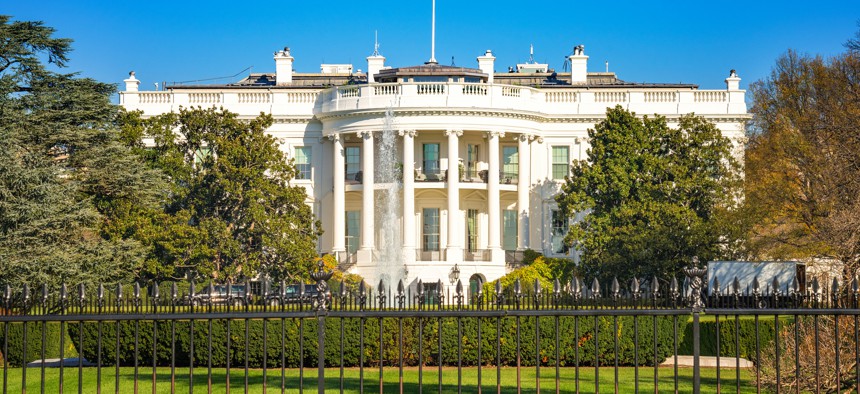White House looks to ramp up contract spending with small disadvantaged businesses

sborisov/Getty Images
Last year, the federal government awarded small disadvantaged businesses over 11% of contracting dollars. Now, it’s aiming for 13%.
The federal government is aiming to award 13% of its contract spending to small disadvantaged businesses in fiscal year 2024, the Office of Management and Budget directed agencies in a memo issued this week.
The goal of awarding contracts to these types of businesses is in service of a larger target set by an executive order issued earlier this year for the government to ultimately award 15% of federal procurement dollars to these businesses in fiscal year 2025.
That executive order, focused on advancing racial equity and support for underserved communities via the work of the federal government, also directed the Small Business Administration to annually set up agency-specific goals with other departments in furtherance of the governmentwide targets for small disadvantaged businesses.
“Use of the federal government’s purchasing power to build wealth in underserved communities, consistent with applicable law, has been a centerpiece of the president’s equity agenda and ties into the administration's broader economic strategy to support small businesses and increase the resilience of the nation’s supply chains,” OMB director Shalanda Young wrote in the Wednesday memo.
Federal agencies awarded small disadvantaged businesses a record-breaking $69.9 billion in fiscal year 2022, the memo states, which accounted for 11.4% of all contracting dollars and was $7.5 billion more than the year prior.
Agencies also broke records on spending for programs meant to increase access to contracting for other historically underrepresented groups and to small businesses overall, the memo says, although agencies didn’t meet goals set for the share of contracting dollars awarded to women-owned small businesses or historically underutilized business zone — or HUBzone — small businesses, according to SBA data released earlier this year.
Young also noted in the recent guidance that the 8(a) Business Development program at SBA “remains an important gateway for expanding access to the federal marketplace for businesses who have experienced past discrimination,” noting that agencies should continue to promote access to contracts for HUBZone businesses, women-owned small businesses and service-disabled veteran-owned small businesses, since those are likely to also be small disadvantaged businesses.
Last spring, the General Services Administration and SBA announced that they would set up a pool of small disadvantaged businesses in the 8(a) program to help those firms access more contracts under GSA’s Multiple Award Schedule Program.
Young also pointed agencies to a procurement equity market research tool meant to showcase the businesses in programs such as 8(a) that are registered to work with the government.
Moving forward, OMB will be working with SBA, the Domestic Policy Council, National Economic Council and others to continue to push efforts meant to increase the diversity of the government’s supplier base,Young wrote, including the use of innovative acquisition practices that lower transaction costs for small businesses.
